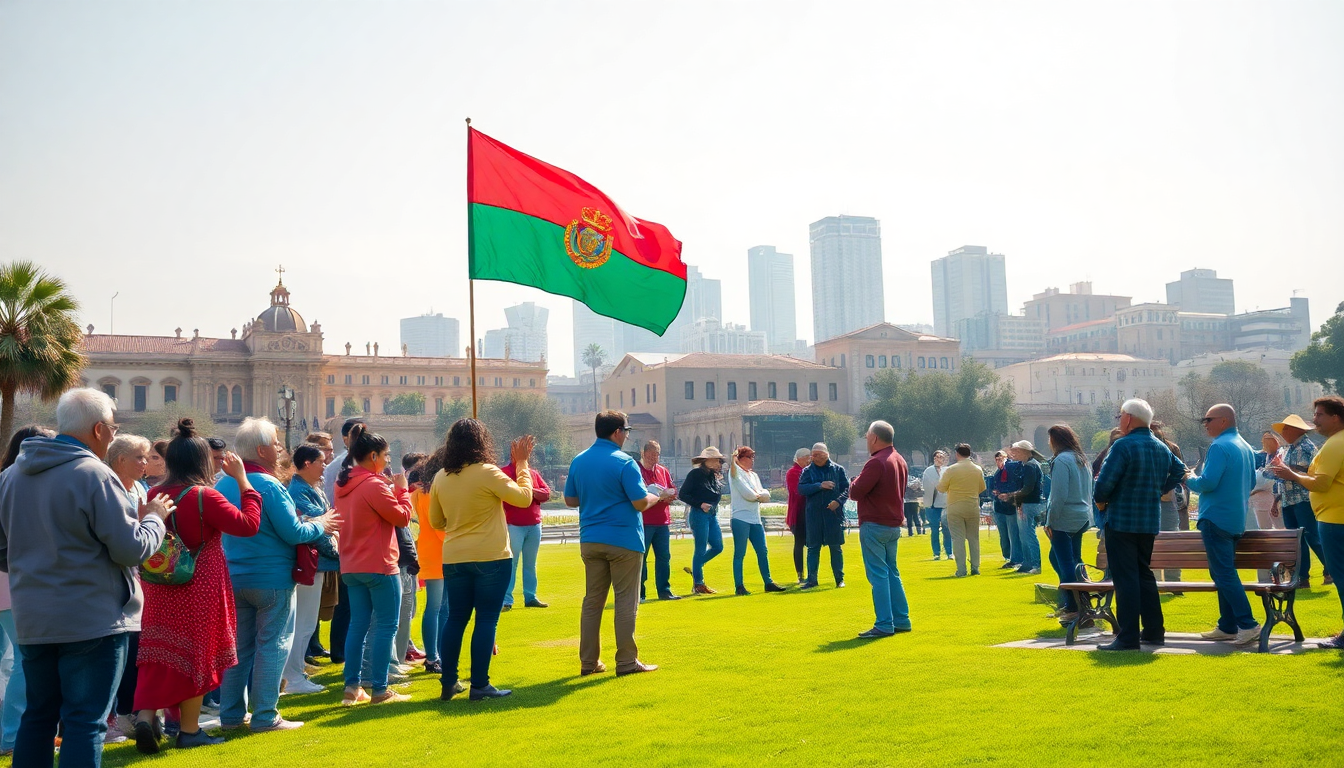Table of Contents
In a surprising twist, Bolivia is undergoing a significant political shift, with centrist Rodrigo Paz of the Christian Democratic Party (PDC) taking an early lead in the presidential elections. As the nation gears up for a run-off, this outcome marks the end of a two-decade-long era dominated by the Movement for Socialism (MAS), a party that has played a pivotal role in Bolivian politics since 2005.
What does this mean for the future of the country?
A Closer Look at the Election Results
Preliminary results show that Rodrigo Paz has secured 32.8 percent of the votes, placing him ahead of former interim President Jorge “Tuto” Quiroga, who garnered 26.4 percent.
This sets the stage for a crucial run-off election scheduled for October 19. To avoid a run-off, candidates needed to clinch more than 50 percent of the votes or at least 40 percent with a 10-point margin.
Did you expect such a close race?
With the electoral council confirming that MAS is now out of contention, this shift is particularly striking given the pre-election polls. Many had anticipated other candidates, like prominent businessman Samuel Doria Medina, to be frontrunners alongside Quiroga.
Paz’s unexpected rise from the lower tiers of the polls highlights just how unpredictable Bolivian politics can be.
Lucia Newman, Al Jazeera’s Latin America editor, pointed out the significance of these results. Paz’s positioning is more centrist compared to his father, former left-leaning President Jaime Paz.
This evolution reflects changing voter sentiments as Bolivia grapples with a deep economic crisis that has left many feeling disillusioned with the previous administration.
What’s at Stake in the Upcoming Run-Off?
The forthcoming run-off will not only decide the presidency but also serve as a referendum on MAS’s policies, which have faced criticism amid rising inflation and economic instability.
Currently, Bolivia is dealing with an inflation rate nearing 25 percent, alongside severe shortages of essential goods like fuel and food. How do these pressing issues affect the everyday lives of Bolivians?
Moreover, the MAS party’s struggle to present a strong candidate underscores internal divisions and a lack of unity among leftist factions. With former leftist President Evo Morales absent from the race and outgoing socialist President Luis Arce opting not to run, the party has been further weakened. This gap has created an opportunity for candidates like Paz to step into the spotlight and capture public attention.
As the nation awaits the official election results in the coming week, voters will also be casting ballots for all 26 senators and 130 deputies, with new officials set to assume office on November 8. This comprehensive electoral process highlights the urgency for change within Bolivia’s political landscape.
Looking Ahead: Opportunities and Challenges
Expectations for the post-election landscape hinge on how the new leadership tackles crucial issues like economic recovery and social stability. Bolivia has seen notable growth and social advancements in recent years, particularly during Morales’s tenure, which was marked by the nationalization of key resources and investment in social programs. However, the absence of new projects and declining gas revenues have raised concerns about the sustainability of these gains. What steps will the next administration take to ensure continued progress?
Addressing the pressing economic crisis will be vital for the new administration, focusing on revitalizing key sectors and restoring investor confidence. Bolivia’s untapped lithium resources could represent a potential opportunity for economic recovery, but strategic planning and effective execution will be crucial in navigating the complexities of global markets. Are we ready to embrace this potential?
As Bolivia stands at a crossroads, the decisions made in the upcoming weeks and months will undoubtedly shape the nation’s future. With a significant political shift underway, the prospect of a new governance model offers hope for revitalization and progress in a country yearning for stability and prosperity. Will this be the turning point Bolivia has been waiting for?





